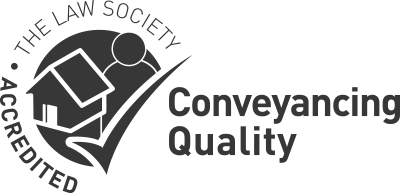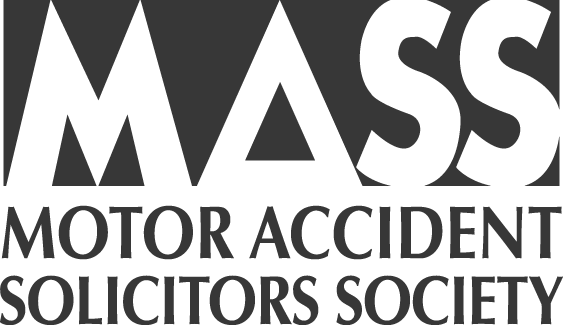The claimant’s details have been changed but this is indeed a true case
Jason Claridge, Director and personal injury lawyer, advises that he recently acted for Mrs A. Mrs A was a lady who lived in Warwickshire. She worked for a nationwide retail company in a sales team specialising in women’s clothing.
As part of Mrs A’s job she was responsible for ensuring the department was fully stocked and in good order at the start of every day and consequently her shift began at 7.30 am. At the same time cleaners were in the store attending to the cleaning of the floor. As is usual in such retail outlets, the floor was tiled and smooth.
Unfortunately Mrs A slipped and fell whilst walking on a recently cleaned floor. The practice in the store was that the cleaners would firstly ensure that signs were placed in the vicinity where they were cleaning to warn staff of the dangers of a slippery surface. Secondly, they would be vigilant to ensure that any excess cleaning fluid on the floor surface would be removed as soon as it was noticed. Unfortunately Mrs A was not afforded the protection of signs being placed in the area, and excessive cleaning liquid was left unattended in the area she walked into. As a consequence she slipped and fell. She fell backwards into her side and suffered injury to her neck and back, foot, ankle and knee. She attended both the hospital and her general practitioner regarding her injuries.
Initially there was a dispute on liability. The cleaning staff alleged that the signs were out and that the excessive fluid had been removed appropriately. We requested disclosure from them regarding this accident. We wanted to see whether they had done what they were claiming they did in relation to their own protocol and procedures. We specifically asked them for their logs and any CCTV footage showing the accident, because, logically, such footage would show signs being in place and cleaners in the minutes before the accident checking the area to make sure that there was no liquid residue on the surface which would cause a slipping hazard.
They clearly must have reviewed their own internal documents because rather than disclose anything they then accepted liability. However, they still tried to maintain that Mrs A was in some way partially responsible for her own accident. We again pointed out that they had their own procedures and policies in place and that should have included the signage being put out and them making appropriate checks. After reviewing our responses they conceded liability in full.
We obtained orthopaedic evidence in relation to Mrs A’s injuries. The orthopaedic surgeon felt that the injuries to her neck and back, her knee, ankle and foot would all take her approximately 2 years to make a full recovery from. Mrs A had to travel for appointments as she had some physiotherapy. She also had to go to the hospital and to the general practitioner.
In addition she purchased medication for her pain and discomfort. She had problems with heavier domestic work such as shopping, DIY, gardening and housework. She was a particularly keen gardener. For a couple of years she was unable to do that work and her husband took over in its entirety the work around the home for that period.
She also reduced her hours at work to try and allow her to accommodate for the pain, discomfort and limitations caused by her injuries but with the crucial fact that that allowed her to continue in her employment. Her employers were accommodating towards the symptoms of the injuries that she suffered and allowed an adjustment to her role. We therefore claimed for a partial loss of earnings on the behalf of Mrs A as a direct result of the injuries that she suffered in this slipping accident.
After a series of discussions between the parties, which involved offers and counter offers, the defendants ultimately made an offer of £28,000. Mrs A accepted this offer in full and final settlement of her claim for injuries and financial losses.
We acted under a no win, no fee agreement. We are happy to help on advising on personal injury claims involving road traffic accidents, accidents at work, tripping and slipping claims and medical negligence claims.





